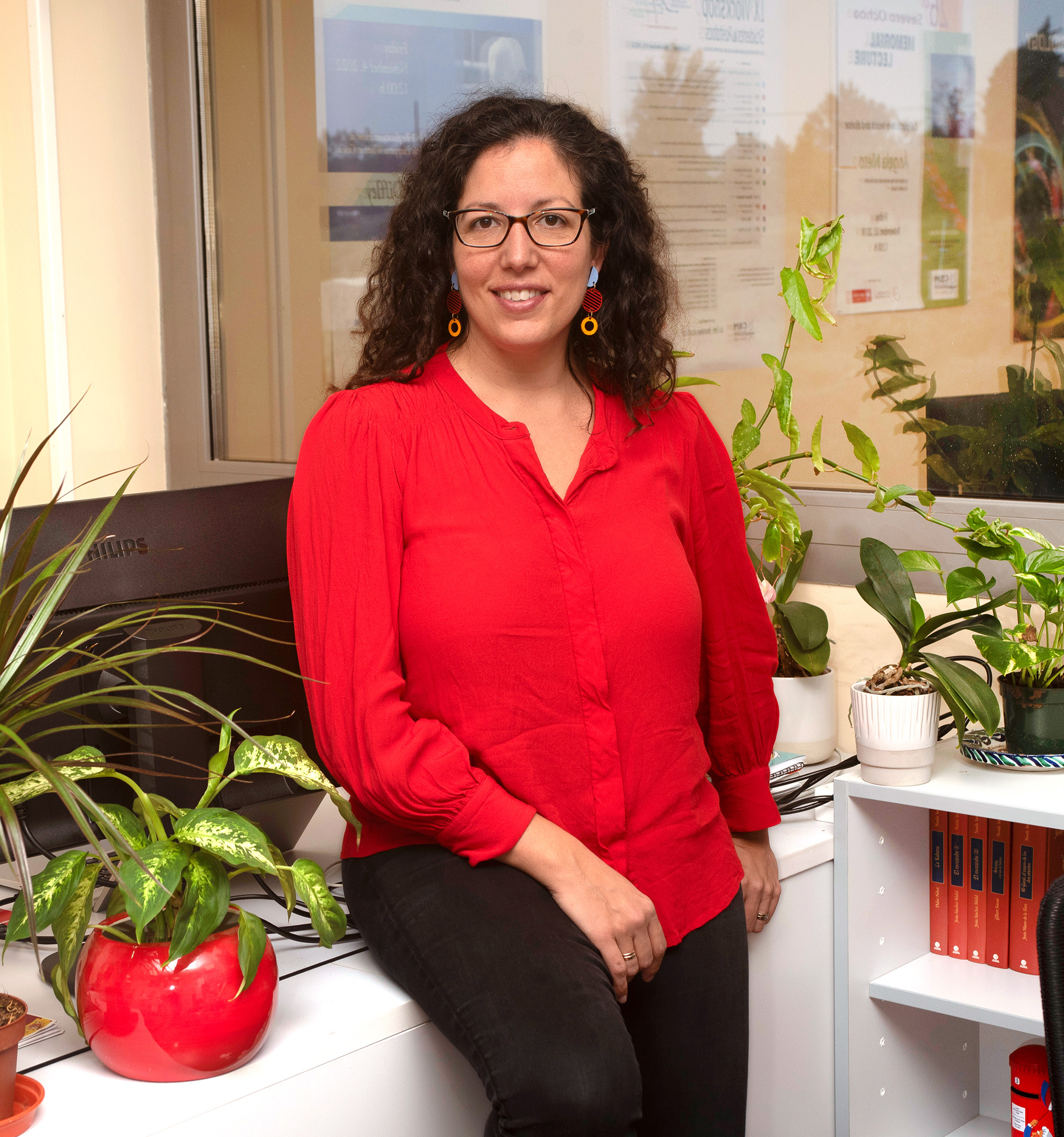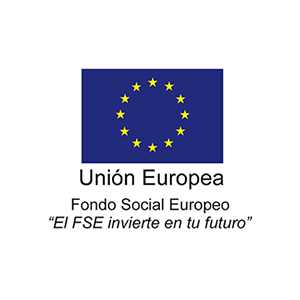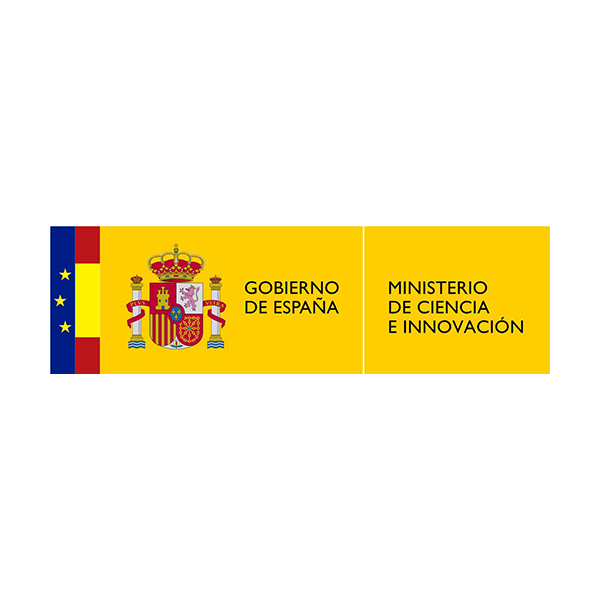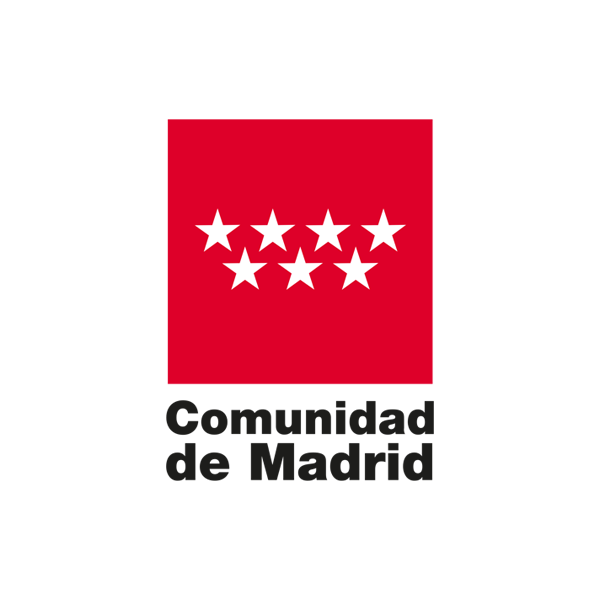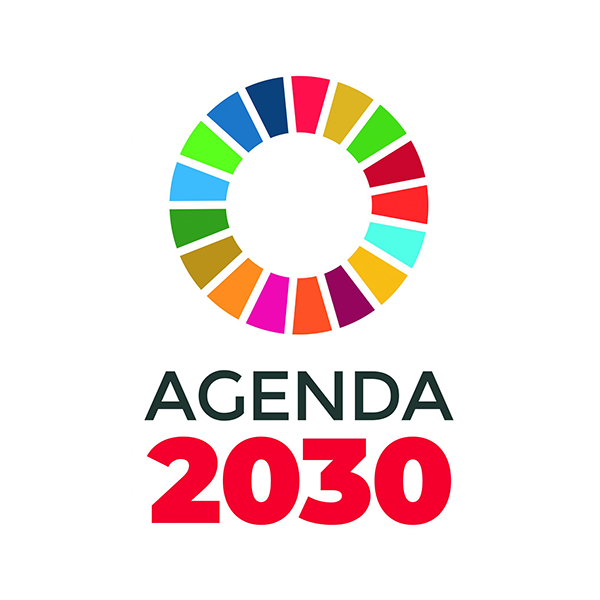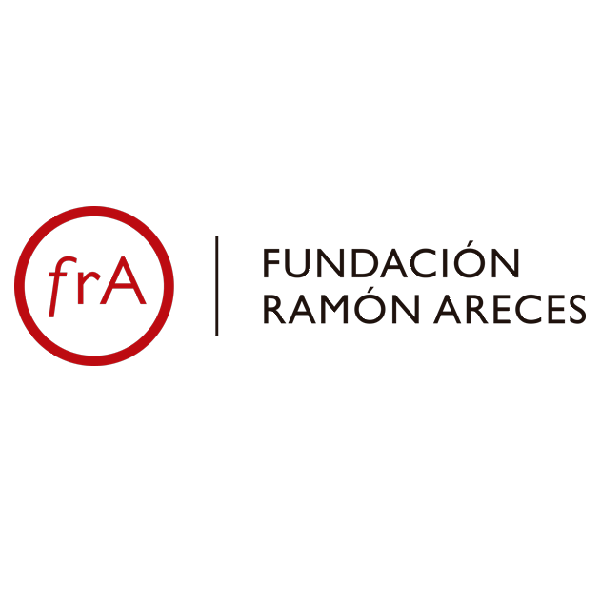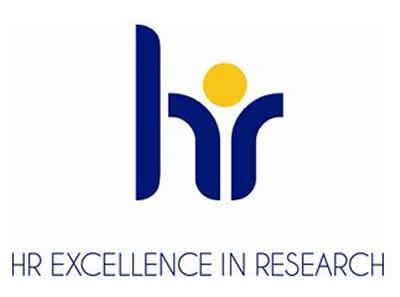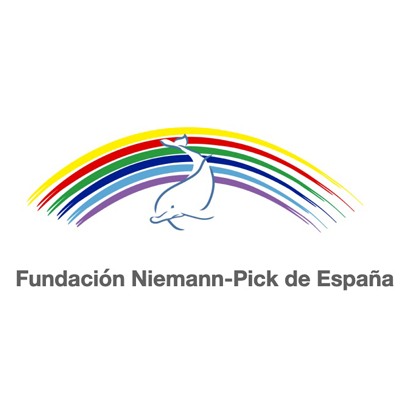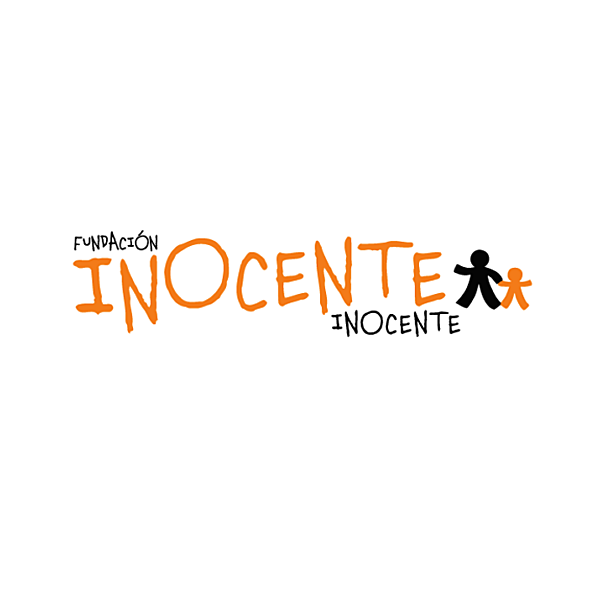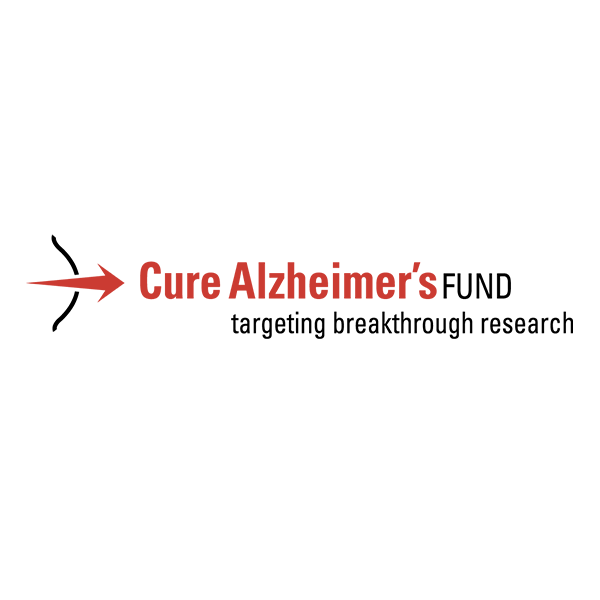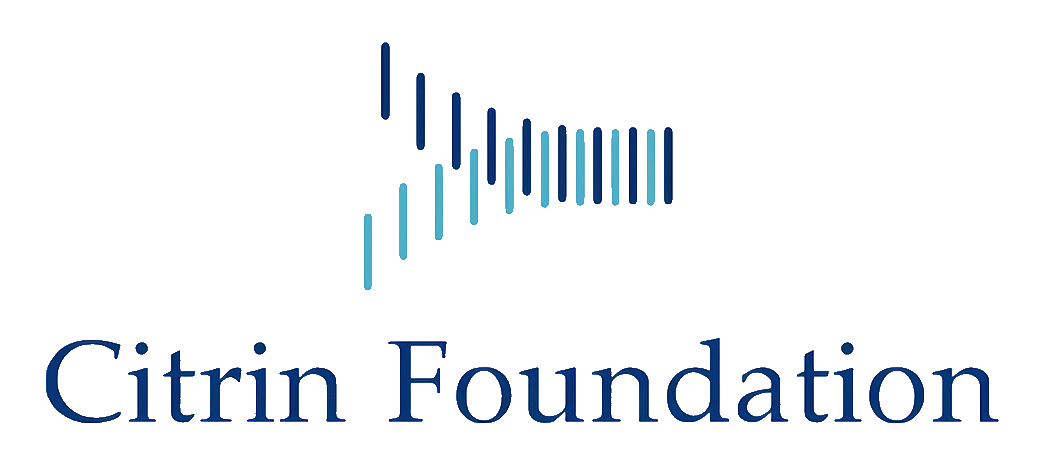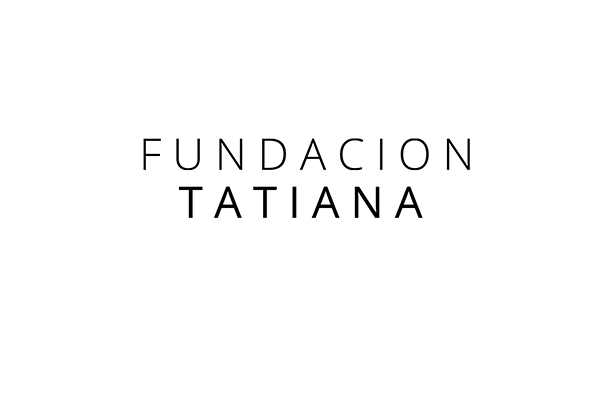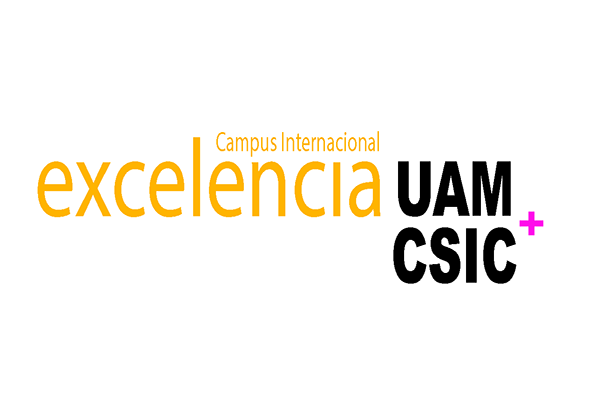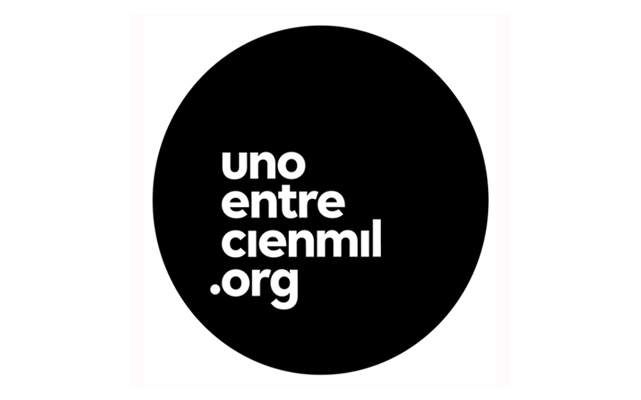Communication and Science Outreach Office
Communication and Science Outreach
Activities related to science communication and scientific dissemination are increasingly important for researchers and for society, for many reasons: they allow society to learn more about the work of researchers and the impact that science has on all fields, increase the interest and support of governments and entities that provide financial support to scientific work, and also promote scientific vocations in young people.
The CBM Communication and Science Outreach department has the following objectives and tasks:
- Promote the national and international relevance of CBM
- Make the scientific achievements of the center visible, through the dissemination of articles, grants, scholarships, conferences, seminars, theses, etc.
- Coordinate and scale the center's communication channels: social networks, website, etc.
- Promote the relationship with the press and other media, including through the CSIC and UAM communications departments
- Organize outreach and educational events and activities at the CBM and beyond, and inform the public about them and other news and initiatives of interest
- Facilitate and encourage the participation of our scientists in events and activities of scientific culture, both their own and in collaboration with the CSIC, the UAM and other national and international organizations.
- Promote the attraction of scientific and management talent by disseminating job offers
- Collaborate with other CSIC centers on the UAM campus and outside it, to develop activities and events
- Coordinate internal communications for CBM staff
Please send an email to comunicacion@cbm.csic.es or call 4503 when:
- You have a paper accepted / in embargo / about to be published, from your group or in collaboration with others (you do not need to be the first or last author)
- You have been awarded a project, scholarship or contract of any type
- You have won a prize for your professional performance
- You are going to participate with a poster or talk in a scientific conference
- You have been asked to give a talk at a school, institute or other educational or other organization
- The press, television, radio or other media have contacted you to participate in interviews or programs to talk about your work or other topics related to science
- You know a CBM alumni (former staff or student) who wants to participate in the CBM community or who would be a good subject for an interview
- You want to participate as a volunteer in one of our science dissemination events, or you want to propose new ideas in this area
- You have a question or suggestion about communication or scientific outreach issues
